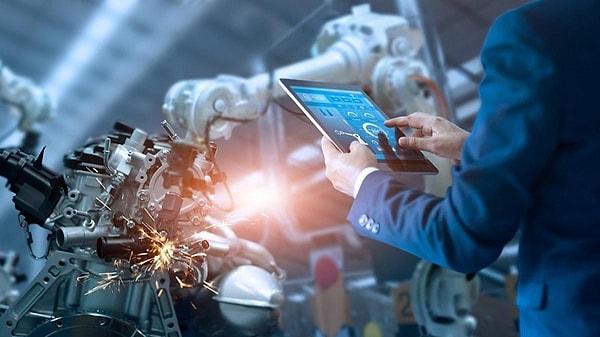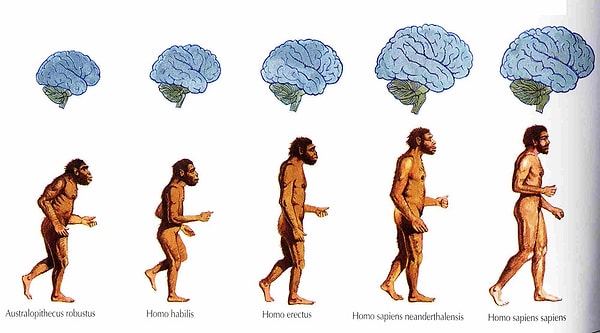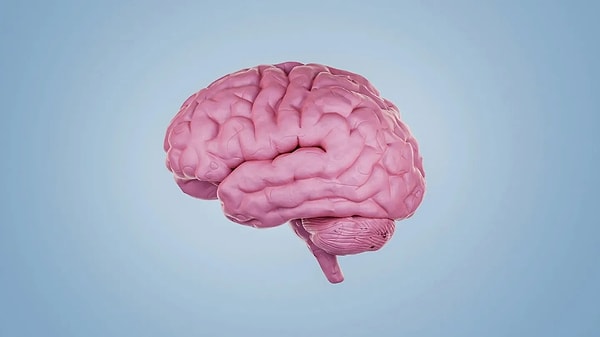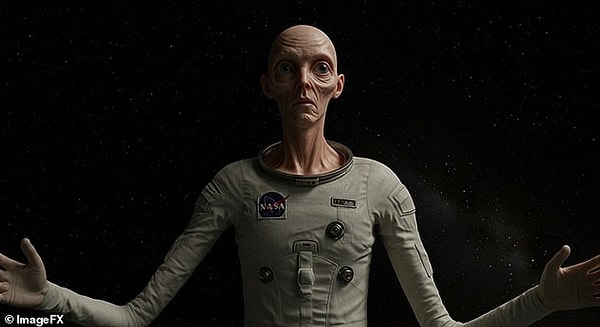What Will Humans Look Like 1000 Years from Now?
As technology advances, genetic interventions rise, and life on Earth continues to evolve, scientists are asking: what will humans look like a thousand years from now? From shorter statures and shrinking brains to entirely new human species living in space, the possibilities are mind-blowing. Curious about how the future of humanity could unfold? Discover the groundbreaking predictions from experts on how we might evolve in the next millennium!
Thanks to the work of scientists, it is now possible to make some predictions about the future.

Particularly, more solid forecasts can be made about how people will look in the future and what the world will be like.
So, how will humans look in 1000 years?

Scientists have explained it. Let’s take a look at what they said!
Humans will be shorter.

Professor Mark Thomas, a geneticist from UCL, explained to MailOnline that evolution in the past worked based on the survival of children, but it is also related to fertility, meaning the number of children a person has. In other words, those who have more children have a higher chance of passing on their genes. Some scientists suggest that these evolutionary pressures may lead to shorter people in the future.
We will be "more attractive"!

According to Professor Thomas, “In mammals, the natural state is that females make the choice. However, in many patriarchal societies around the world, the choice and control are usually made by men.” As societies become more liberated, and as women have more power to choose their partners, this selective pressure may shift back to females. “Thankfully, we are moving toward a world where women make the choices,” says Professor Thomas. “Women will choose men based on their intelligence, achievements, appearance, or muscular bodies. As women’s power to choose increases, these traits are likely to become more widespread. In the next few thousand years, more attractive men may successfully pass on their genes, making humanity more 'attractive' overall.”
Tanning might not be necessary anymore.

In 1000 years, people may have 'darker' skin. Dr. Jason Hodgson, a senior lecturer in bioinformatics and big data at Anglia Ruskin University, explained to MailOnline that “One possible outcome in the future could be the breakdown of the population structure. At least in the U.S., current trends show that interracial marriages are becoming more common. If this trend continues, we might see a decline in distinct population structures.”
Technological development could shape human evolution.

New powerful technologies might give humans the ability to shape their own evolution. Dr. Hodgson adds, “In the future, we may question whether evolution will be left to its natural course. With CRISPR-Cas9 technology, we can edit genes, and we have the capacity to alter the genome as we wish.” Although scientists consider this unethical today, future generations may be less cautious about it. In the U.S., there are already companies promising to select traits such as height, intelligence, and gender.
Our brains will be smaller.

Professor Robert Brooks, an evolutionary biologist from the University of New South Wales, expects that the human brain will shrink over time. According to Professor Brooks’ theory, as computers take over tasks like calculation, information processing, and social functions, the advantage of having a large brain will diminish. However, the risks during childbirth due to the energy cost and larger heads of big-brained individuals will remain unchanged.
Hunched backs and clawed hands...

Some studies suggest that although technological usage might not lead to evolutionary changes, it could cause physical changes in the human body. These include more pronounced hunchbacks from staring at computers all day or hands that have been altered and overdeveloped due to excessive phone use.
Lastly, we are likely to become more "adapted" to space conditions!

If some humans were to live in space, it is not impossible that over time, those who remain there would gradually evolve into a different species compared to those on Earth. Dr. John Hawks, an anthropologist from the University of Wisconsin-Madison, said to MailOnline, “The human population on Earth is large and diverse, but long-term space travel could lead to the formation of small isolated groups over thousands of years.” “After thousands of years of travel, establishing a sustainable human society in another star system would not be easy. However, such a scenario could pave the way for the emergence of a new species.”
Keşfet ile ziyaret ettiğin tüm kategorileri tek akışta gör!


Send Comment